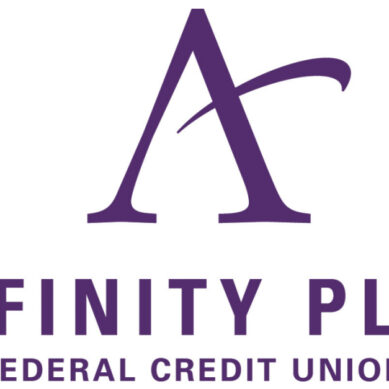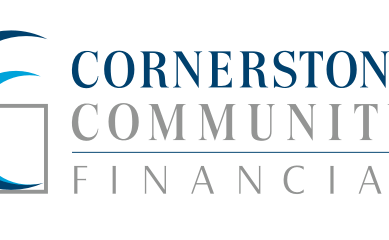Read more at the Washington Credit Union Daily
The National Credit Union Administration’s Share Insurance Fund’s equity ratio is expected to dip to 1.22% by the end of June, but the agency board decided Thursday not to require the development of a fund restoration plan.
That plan would have been legally required if the equity ratio had dipped to 1.20% and could have included charging credit unions a premium.
NCUA officials have said that the equity ratio has dipped during the pandemic as a result of a huge infusion of cash from Economic Impact Payments made during the coronavirus crisis.
“Absent some unknown external event, these forces seem likely to eventually push the equity ratio below the 1.20 statutory minimum waterline required for establishing a restoration plan, especially because the low interest earned on the Fund’s deposits cannot keep pace with the system’s share growth,” NCUA Board Chairman Todd Harper said. “We should brace for that reality, but we should also remain calm.”
The NCUA board has set 1.38% as the agency’s Normal Operating Level.
Harper has called on Congress to allow the agency more flexibility to charge credit unions a premium during good economic times. “The Share Insurance Fund must be able to weather any potential challenges resulting from the pandemic’s economic fallout,” Harper said. “And, as we know from experience, credit union performance will likely trail any improvement in the labor markets by up to two years.”
NCUA Vice Chairman Kyle Hauptman agreed that the agency should not charge a premium now. “An itchy trigger finger isn’t a good trait for a regulator nor for a fiduciary of the Share Insurance Fund,” he said. However, he added, “I think we all agree that at 1.22%, we’re still playing a little close to the highway.” He said that the equity ratio “may well right itself without NCUA doing anything more. I just want to make that clear.”
NCUA board member Rodney Hood said he is concerned about the agency’s capital project spending. He said the agency should be more transparent about its spending on capital projects and added that he is particularly concerned about capital project funds that carry over from one year to the next.
The agency board also decided Thursday to seek public comment on its Normal Operating Level policy. Agency officials said the current policy objectives include ensuring that the insurance fund can withstand a moderate recession without the ratio dipping below 1.20% over a five-year period.
Harper agreed that the agency should solicit comment on setting the level. “Credit union members, federally insured credit unions, and the taxpayers who back the Share Insurance Fund are counting on us to get this right,” he said.
Hauptman said that if the agency makes the operating level too high, “then we’re parking money in the SIF that could be used to serve the needs of credit union members. On the other hand, if we decide to keep the equity ratio too low, then we’d all constantly be in today’s situation.”
Hood agreed that the issue is worth studying but warned that the NCUA should not use models based on other banking agencies. He said that the agency must be careful stewards of the funds.
The board also approved a final rule that would expand the ability of credit unions to invest in derivatives to manage interest rate risk.





























































